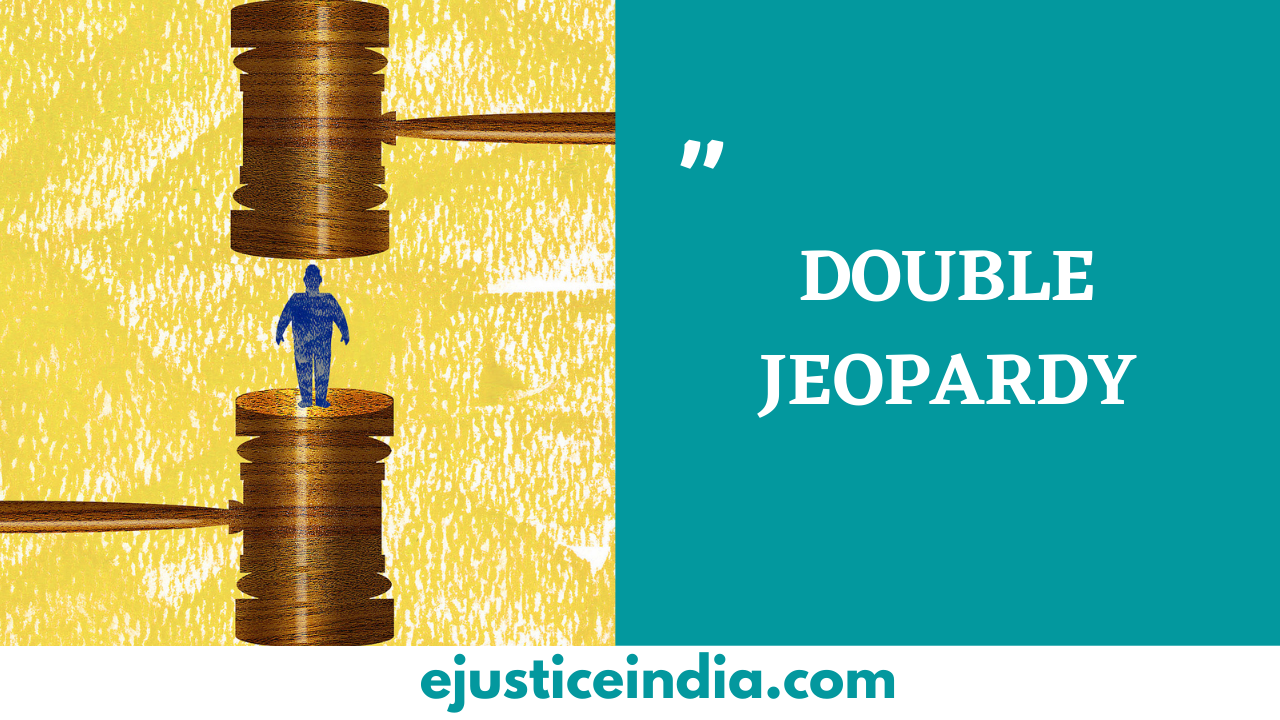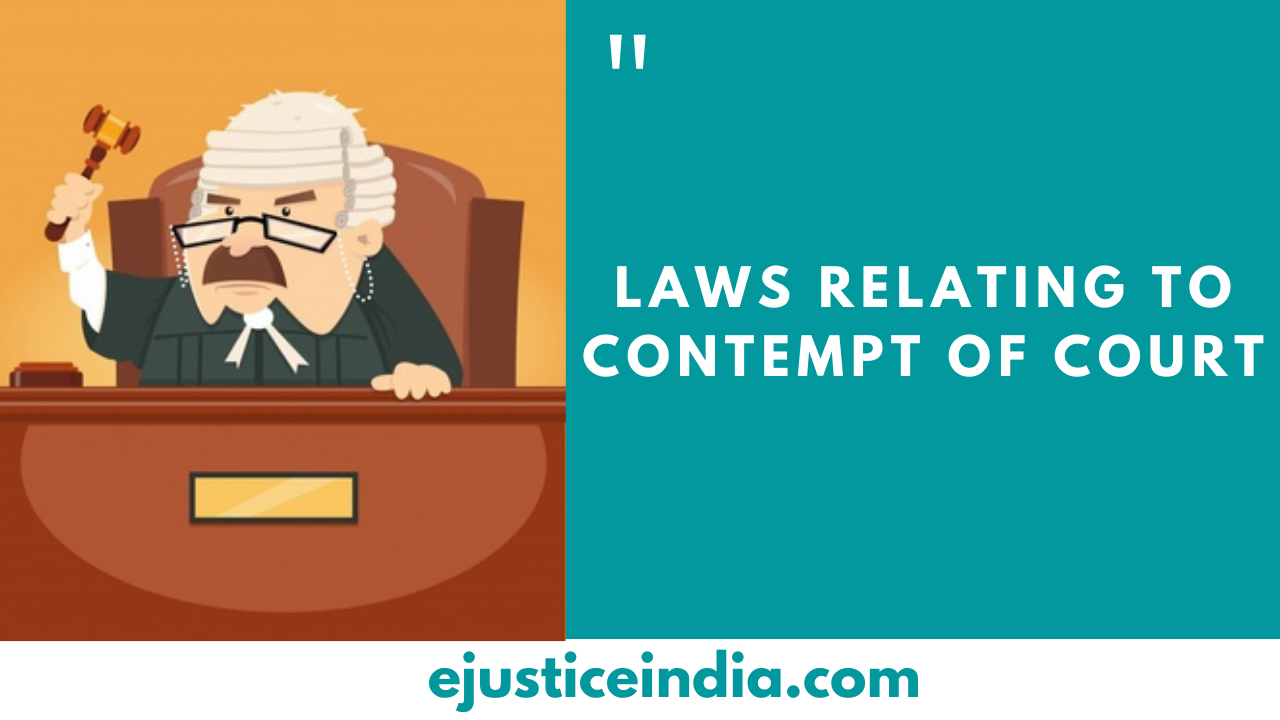Law of defamation under Indian Penal Code 1860
law of defamation under Indian Penal Code 1860
Author : Mrinal Kedar
Introduction:
“A reputation once broken may be repaired, but the world will always keep their eyes on the spot where the crack was.” — Joseph Hall.
A good reputation means everything to a person for thriving in a reputable society. A lot of things are built on reputation friendship, business, relationships, etc. A person gives a lot of time and effort to build this reputation but it doesn’t take one minute and a wrong rumor to bring the wall of that reputation down. And once that wall is fallen all the other relationships fall along with it like a domino effect.
Defamation is one of those factors that shatter someone’s reputation in society. The dictionary describes defamation as- “the act of reporting false reports about a person that damage the character of that person”. Defamation can cause a lot of grief to a person and can cause a deterioration in their mental health. This is the reason why there are sections introduced in the Indian Penal Code to assist people who have been victims of defamation.
What is Defamation under Indian Penal Code?
Defamation is defined under section 499 of the Indian Penal Code. It is defined as – “Whoever, by words either spoken or intended to be read, or by signs or by visible representations, makes or publishes any imputation concerning any person intending to harm, or knowing or having reason to believe that such imputation will harm, the reputation of such person, is said, except in the cases hereinafter excepted, to defame that person.”
This section requires three essentials:
Making or publishing any imputation concerning any person– For the offence to come under defamation the statement has to be published in the public domain. Anybody that is determined to be writing such a defamatory article or statement is held responsible for defamation. If it’s two or more people working together in producing or publishing such imputation then all of them would be held liable.
Such insinuations must have been made by–
words, either spoken or meant to be read; or
signs; or
visible descriptions.
- Such imputations were executed to harm or with awareness or reason to believe that it will harm the reputation of the person regarding whom it is made.
What amounts to defamation?
The grounds for defamation are :
- Anything is written concerning a deceased person because it would have injured their reputation if they were alive. And it can also harm the reputation of the existing kin or intimate family of the concerned deceased person.
- Hurtful statements about a company or corporation are made.
- Someone makes a statement which is defamatory but in an indirect way or expressed in an alternative way.
- The statement made directly or indirectly harms the reputation of the person also lowers his intellect and his status in society. It also is defamation if the statement made about the concerned person disrespects him and makes him feel small.
What are the exceptions of defamation?
- Imputation of truth for the public good:
If a person publishes a statement concerning a person and if it is a true statement then that statement cannot be construed as defamatory as it was published for the good of the general public.
- Criticising conduct of a public servant:
It is not defamation if opinions are expressed regarding public servants conduct during the discharge of his public function as long as his conduct is wrong and unlawful.
- Honest criticism on public conduct of public men other than public servants:
If any person states their beliefs and opinion on the conduct of the concerned person who performs any kind of public functions, they will not be responsible for the act of defamation. The requirement for this is that such beliefs and opinions should be made in good faith and with sincerity. If it is made contrarily then the act will come under the offence of defamation.
- Publication of reports of proceedings of the court:
If anyone publishes a substantially true report of proceedings of the court of justice or publishes the result of such proceedings then they are liable under the offence of defamation.
- Remark on Cases:
If any person publishes any report concerning the merits of the case or in respect to the demeanour of any person who was a witness, in that case, it will not be defamation. It is crucial to perceive, the component of good faith is important here.
- Merits of public performance:
It is not defamation if opinions are expressed about a public performance or literary work submitted by the producer for public and their judgement.
- Criticism passed in good faith by lawful authority:
If any person states censure on the conduct of any other person, then it will not amount to defamation, granted that the person implementing censure should have the lawful authorisation or any authorisation appearing out of a valid contract, over the person on whose interests the censure is applied.
- Complaint to Authority:
If any person who has lawful power over the other person, accuses him then it will not amount to defamation.
- Imputation in good faith for protecting personal interests:
If any allegations or accusations are made on another person to defend the interests of oneself, then it is not defamation.
- Warning in Good Faith:
If any warning is made for the welfare of that person or the merit of the society then it will not amount to defamation.
What is the Punishment for Defamation?
Punishment for defamation is prescribed under Section 500 of the Indian Penal Code.
Section 500 states that Whoever defames another shall be punished with simple imprisonment for a term which may extend to two years, or with fine, or with both.
In the case of Rekhabai v. Dattatraya 1986 Cri. L. J. 1797 it was found that the petitioner had written letters with a defamatory statement against the non- applicant and was held liable under Section 500 of the IPC. Therefore, even if the statement is communicated in letters between two people it amounts to defamation and ground to be held liable under section 500 of the Indian Penal Code.
Printed Matters:
Any defamatory statement that is printed and delivered in a public domain comes under Section 501 and 502 of the Indian Penal Code.
Section 501 states that printing or engraving matter is known to be defamatory— Whoever prints or engraves any matter, knowing or having a good reason to believe that such matter is defamatory of any person, shall be punished with simple imprisonment for a term which may extend to two years, or with fine, or with both.
Section 502 states that Sale of printed or engraved substance containing defamatory matter— Whoever sells or offers for sale any printed or engraved substance containing defamatory matter, knowing that it contains such matter, shall be punished with simple imprisonment for a term which may extend to two years, or with fine, or with both.
Both the section together means that if anyone is found to be printing and selling any defamatory article in the public domain then they will be held liable under sections 501 and 502 respectively.
Conclusion:
For every person on this planet, the most important thing is their life is dignity and respect. Everyone wants to lead a respectable life to survive in this competitive world. But if defamatory rumours are spread about them then that seems difficult. It not only affects their personal life but also their social life which in turns affect their mental health. We as responsible citizens of this society must maintain certain decorum when we speak about other people in society.


